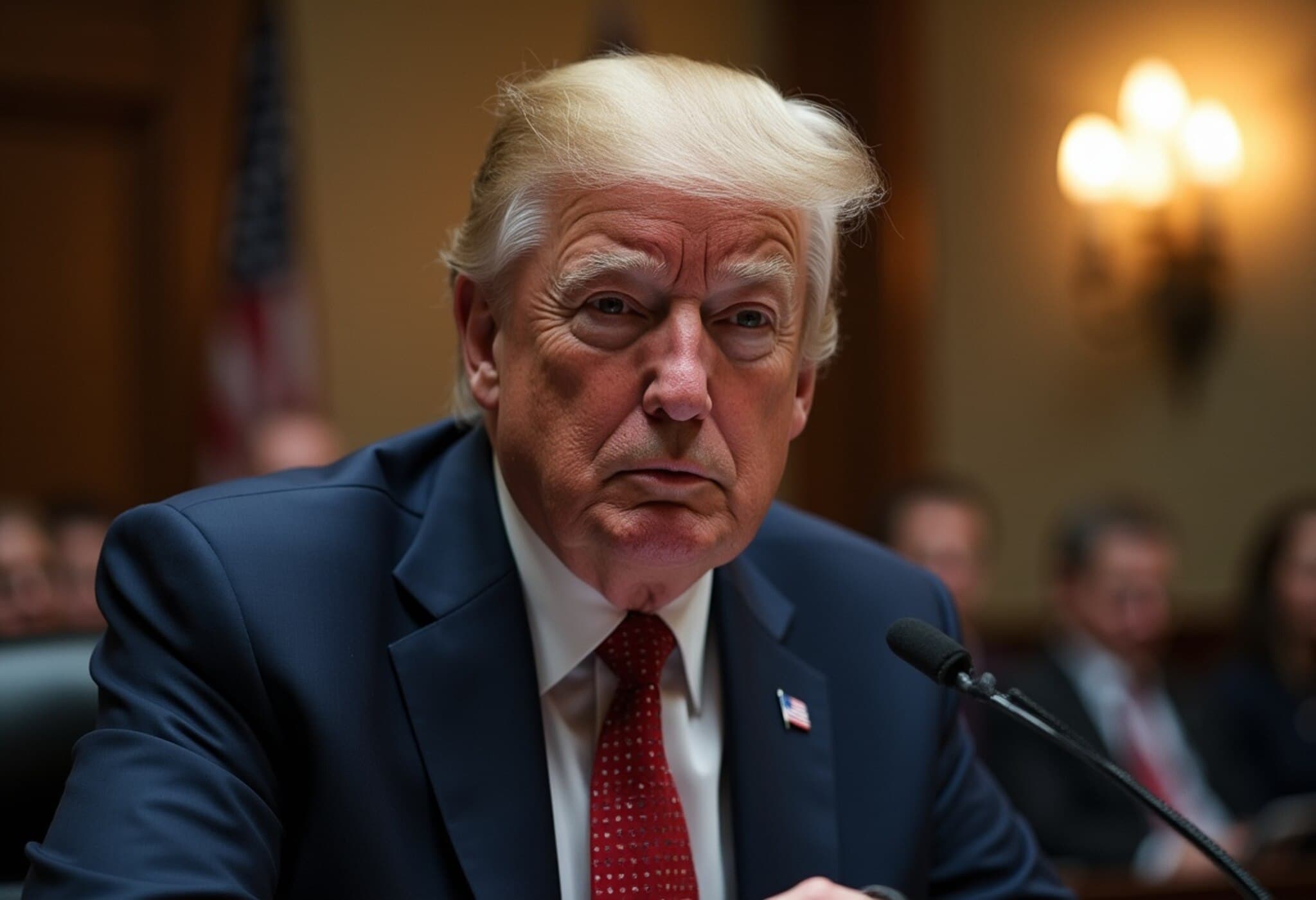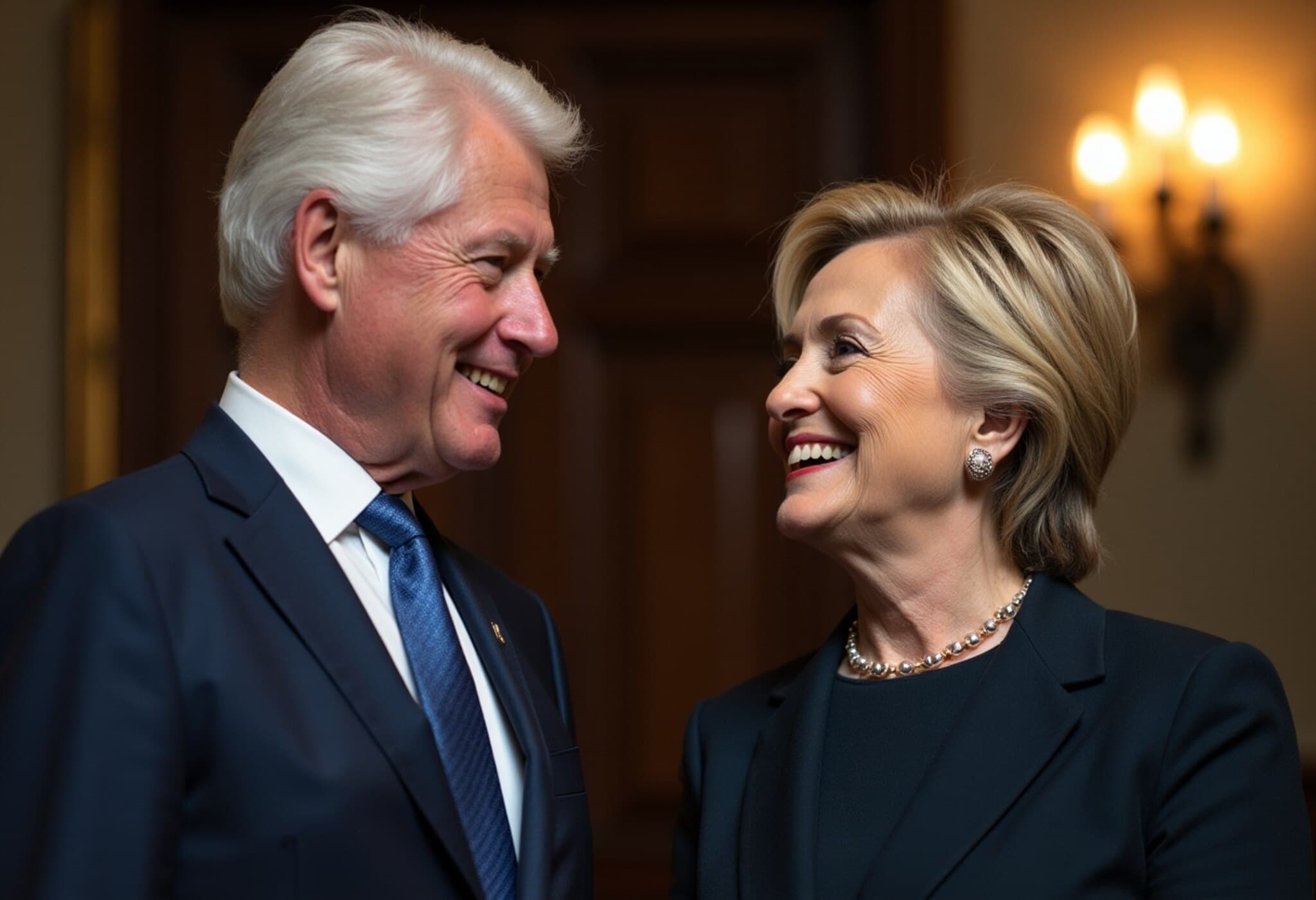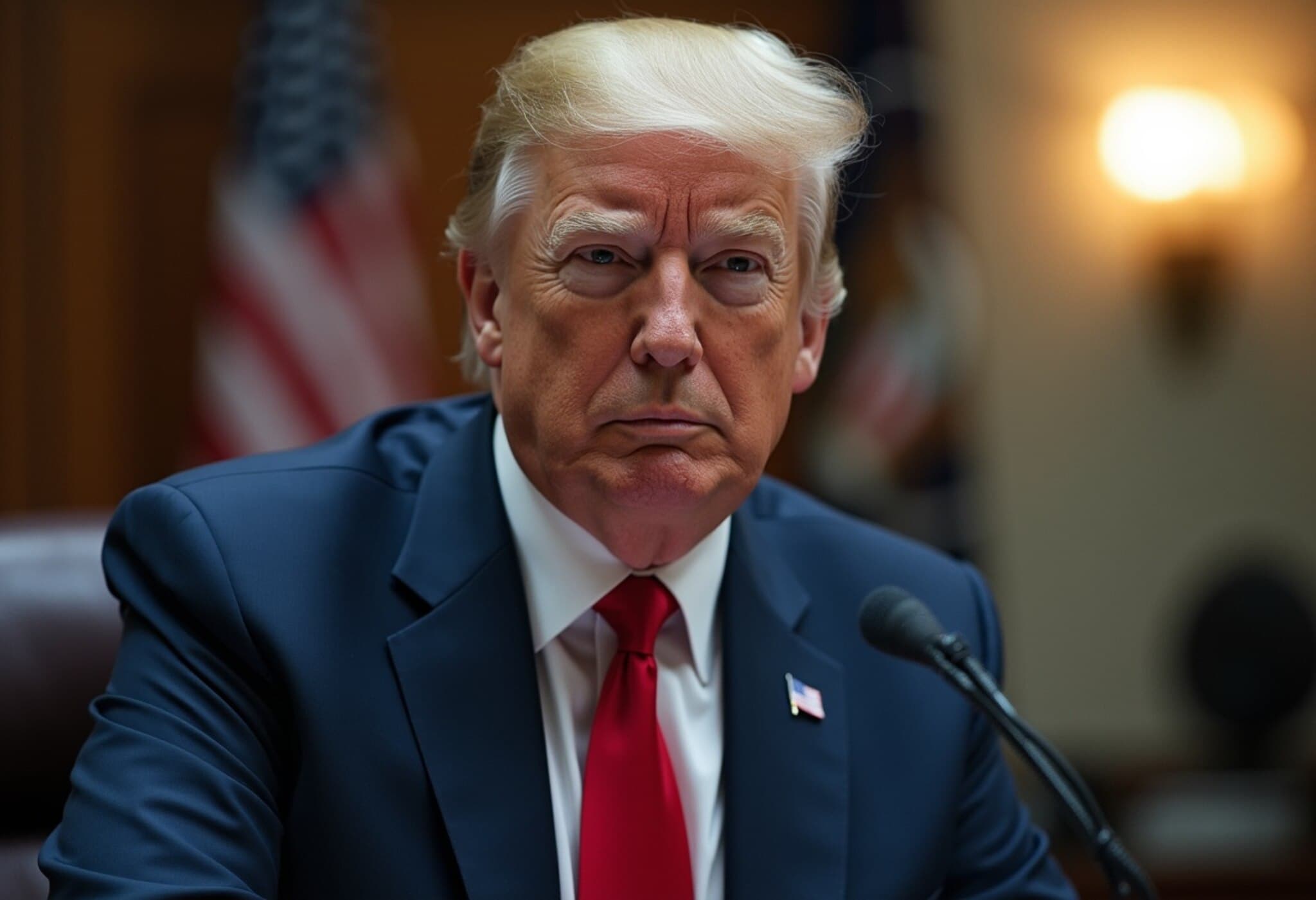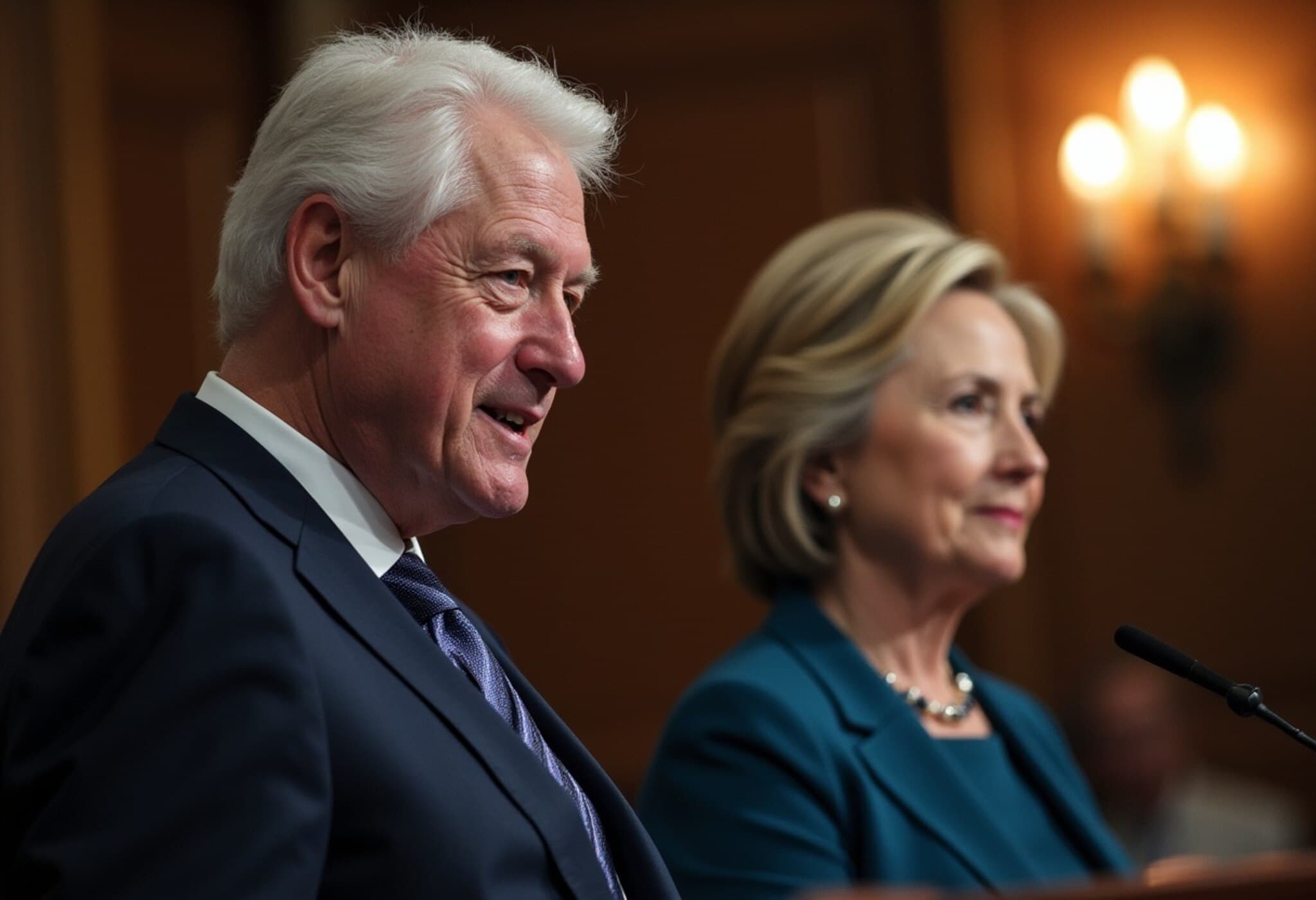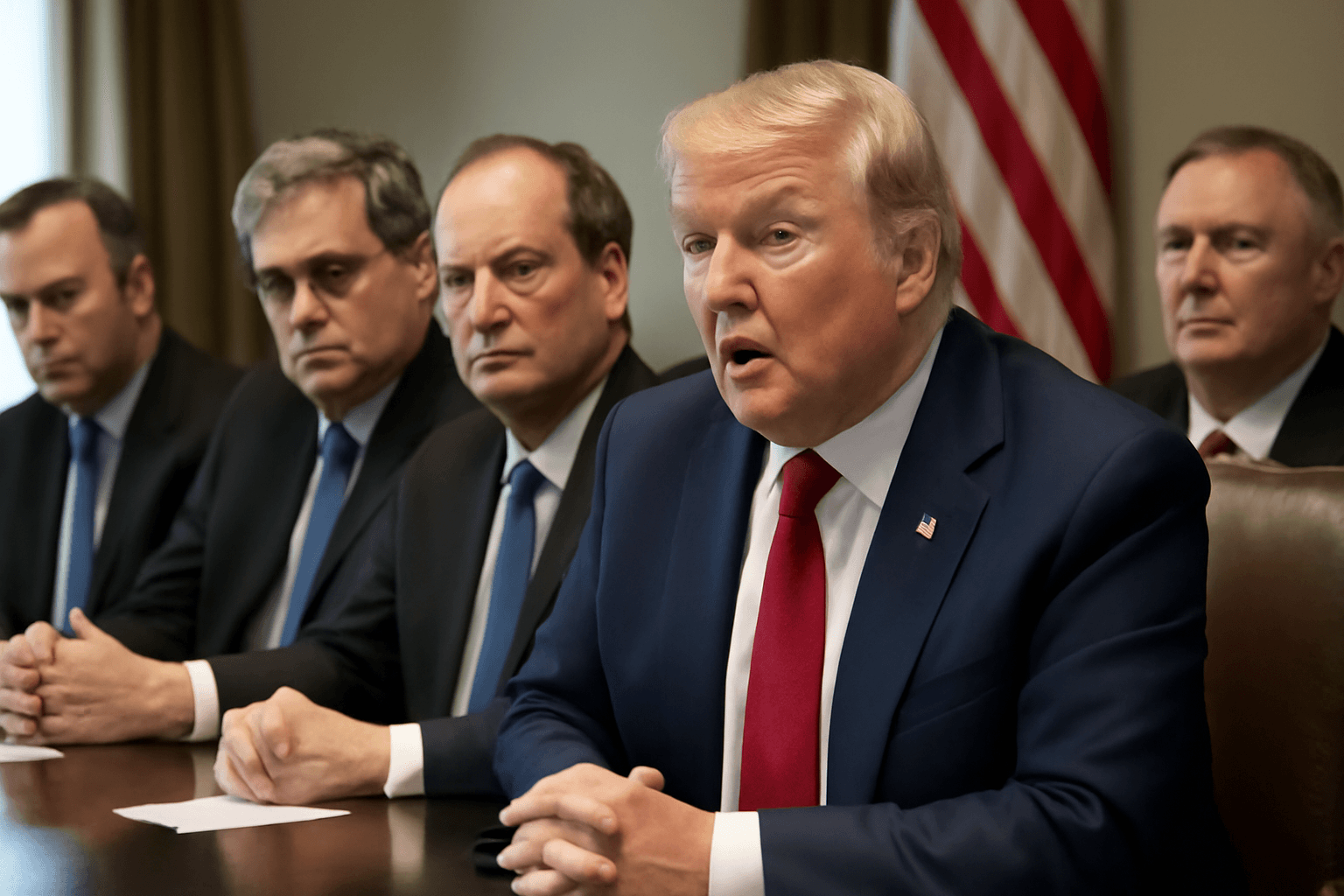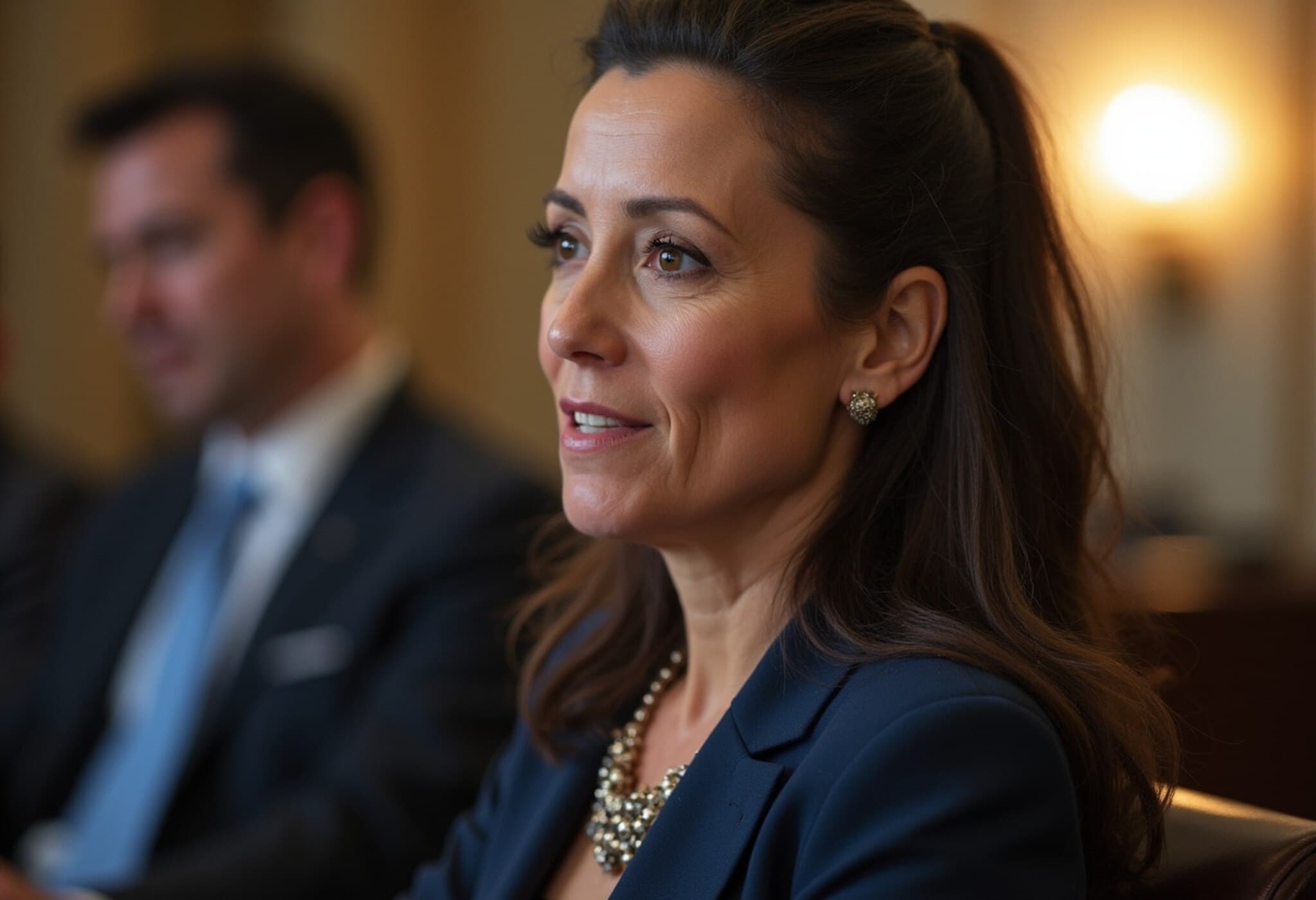House Oversight Committee Demands Epstein Investigation Records and Testimonies
In a move underscoring the persistent intrigue surrounding the Jeffrey Epstein investigation, the Republican-led House Oversight Committee has issued subpoenas to the Department of Justice seeking comprehensive files related to Epstein’s sex trafficking case. Furthermore, the committee is demanding depositions from prominent figures including former President Bill Clinton, former Secretary of State Hillary Clinton, and eight former senior law enforcement officials.
Continuing Scrutiny Despite Congressional Recess
Even as many lawmakers are away from Washington for an extended recess, the spotlight on Epstein’s case remains intense. This step demonstrates bipartisan determination to uncover the full extent of the facts, especially potential connections to high-profile individuals. President Donald Trump has consistently denied any involvement with Epstein's illicit activities, asserting he severed ties years ago. However, the committee’s pursuit indicates that questions linger on Capitol Hill and across the political spectrum.
Subpoenas Target Former Presidents, Attorneys General, and FBI Directors
The scope of subpoenas is notable in its breadth, encompassing:
- Depositions from former President Bill Clinton and former Secretary Hillary Clinton
- Interviews under oath from eight former attorneys general, including Merrick Garland, William Barr, Jeff Sessions, Loretta Lynch, Eric Holder, and Alberto Gonzales
- Testimonies from ex-FBI directors James Comey and Robert Mueller
Such an expansive request traverses multiple administrations, reflecting the committee’s intent to establish a complete timeline and network of interactions surrounding Epstein’s illegal activities and purported connections.
Political Dynamics and Broader Implications
While the Republican committee chairman, Rep. James Comer, spearheads these efforts, it’s worth noting that the push to subpoena the Department of Justice files originated largely from Democrats within the committee, who were later supported by some Republicans. Rep. Robert Garcia, the leading Democrat on the Oversight Committee, emphasized, "Democrats are focused on transparency and are pushing back against corruption." He questioned what information President Trump might be withholding, saying, "What is Donald Trump hiding that he won’t release the Epstein files?"
This cross-party cooperation highlights the bipartisan demand for accountability, even amid a politically charged environment where allegations and conspiracy theories have flourished since Epstein's 2019 death in a New York jail, where he was awaiting trial on sex trafficking charges.
Pending Depositions and Legal Developments
Besides the subpoenas for top political figures, the committee has sought to depose Ghislaine Maxwell, Epstein’s former associate convicted for her role in recruiting underage girls. Maxwell, currently imprisoned in Texas — having been transferred from Florida — has appealed her conviction. Rep. Comer hinted at delaying her deposition until the Supreme Court rules on whether to hear that appeal, underscoring the delicate balance between congressional investigations and ongoing judicial processes.
Contextual Insights: Implications for U.S. Justice and Political Accountability
This latest development in the Epstein saga reflects broader themes in American governance: the challenges of overseeing powerful individuals, safeguarding victim rights, and ensuring justice transcends political affiliations. With Epstein’s death leaving many questions unanswered, this congressional probe may determine if systemic failures, deliberate cover-ups, or political interference obstructed the full revelation of Epstein’s network.
Additionally, these subpoenas could set precedents for congressional oversight over the Justice Department’s investigations, touching on delicate issues of executive privilege, separation of powers, and public trust.
Editor’s Note
The House Oversight Committee’s aggressive pursuit of Epstein-related records and testimonies signals a critical juncture in unraveling one of the most disturbing and politically charged scandals of recent years. As the investigation unfolds, readers are invited to consider the broader implications: How can congressional inquiries maintain fairness amidst highly politicized contexts? Will transparency in this case restore public confidence, or deepen partisan divides? The answers will shape American legal and political landscapes for years to come.

